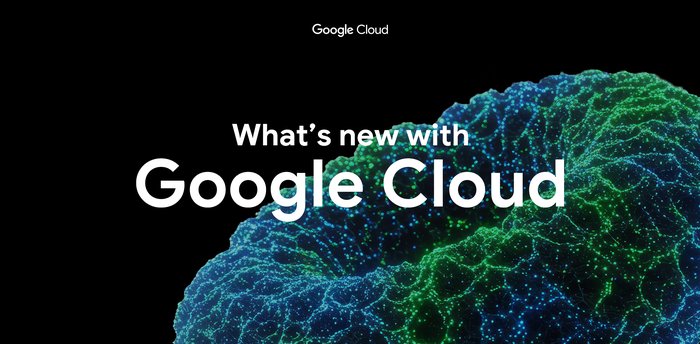Network policies for Kubernetes are generally available
Manjot Pahwa
Product Manager, Google Cloud, Google
Andy Randall
VP Partners & Customer Success, Tigera
We're pleased to announce the GA of network policies for Kubernetes, which we originally announced into beta last September. Network policies are fully tested and supported for production workloads on Google Kubernetes Engine, and, as a community, we recommend users enable them.
Network policies are sets of constraints that allow Kubernetes admins to designate how groups of Pods can communicate with each other, allowing the creation of a hierarchy of network controls. For example, if you have a multi-tier application, you can create a network policy that ensures a compromised front-end service doesn’t communicate with a back-end service such as billing.
Network policies for Kubernetes Engine was implemented in close collaboration with our partner Tigera, the company that’s driving Project Calico.
With GA, the community has added the following additional features:
- Test support for up to 2,000 Kubernetes Engine nodes
- Support for the latest network policies API, currently at Kubernetes 1.9
- Calico version 2.6.7, which implements the network policies feature
- Calico Kubernetes Engine images on Google Container Registry
- Upgrading to Calico 3.0. For the purposes of this release, we adopted Calico 2.6, but will move to Calico 3.0 soon, giving you the ability to apply Calico network policies and extend base Kubernetes policies with advanced capabilities.
- Application Layer Policy, which integrates with Istio to enable enforcement of security rules at multiple layers in the stack, and extend the existing network policies definition with layer 5-7 rules, for fine-grained control of application connectivity. Tigera recently shared a tech preview of this Calico feature, and we’re excited to see how Kubernetes Engine users will adopt this additional capability.
The pace of Kubernetes development comes fast and furious, particularly in the area of network security. To learn how to get started with and make the most of network policies in Kubernetes, check out this recent blog post by Google developer experience engineer Ahmet Alp Balkan, then try out network policies for yourself.
If you haven’t tried GCP and Kubernetes Engine before, you can quickly get started with our $300 free credits.



